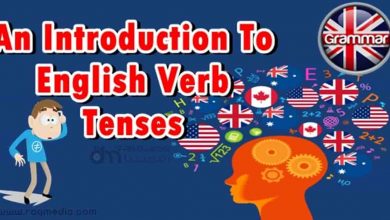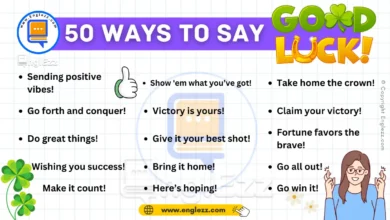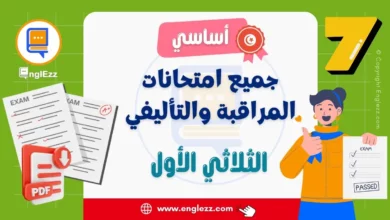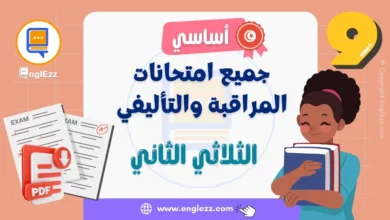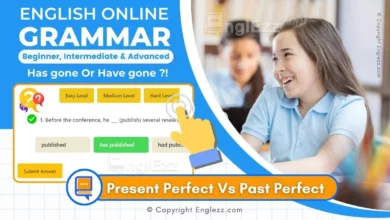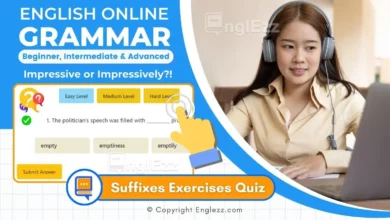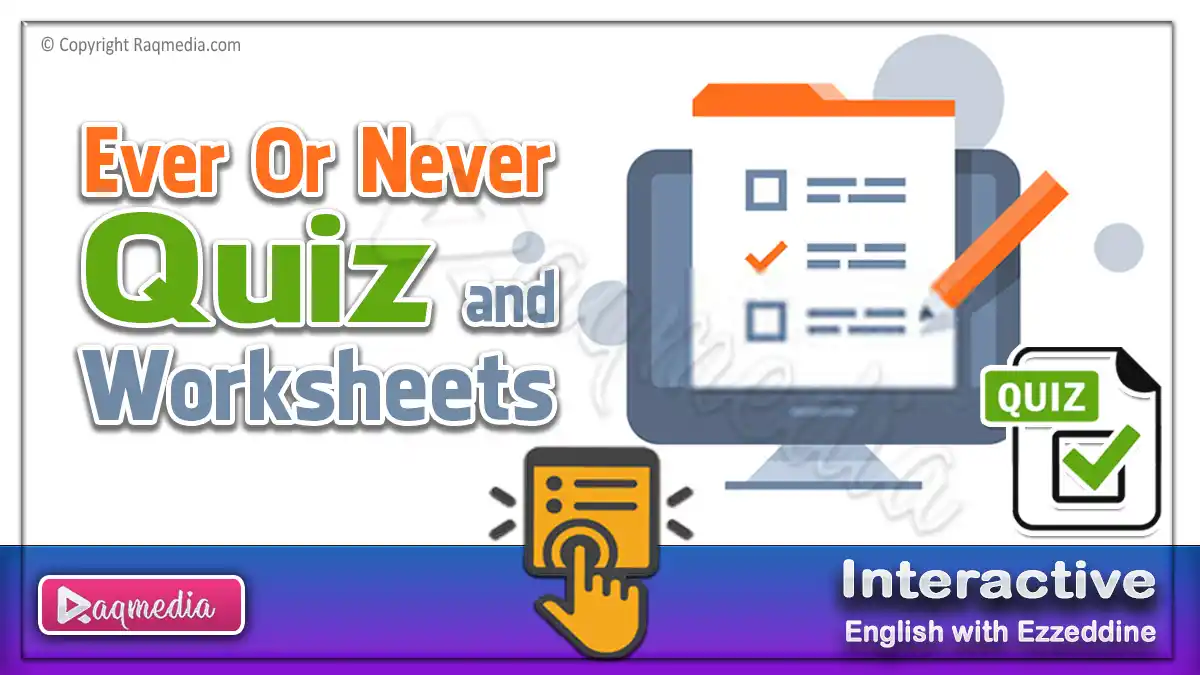Table of Contents
11 Punctuation Marks Everyone Needs to Master
Punctuation are special marks that you add to your writing to separate phrases and sentences , to show that something is a question , etc.
1- Capital Letters
Usage:
- For the first letter of a sentence.
Fishing is popular in Britain
- For countries , nationalities , languages , religions , names of people , places , events , organizations , trademarks , days , months , titles.
Africa , Moslem , John , Jaguar , Sunday , Mr.
- For titles of books , films , etc.
- For abbreviations / acronyms ike organisations names, Companies and brands…. OPEC , WWF
2- Full stop / period:
Usage:
- – At the end of a sentence.
I’m going for a walk.
- – Sometimes after an abbreviation.
Dr. Jane B.S.
- – As the decimal point in figures and amounts of money . This is usually read out as ‘point’.
$5.8 million
- – to separate parts of email and web addresses . This is read out as ‘dot’ .
3- Question mark: ?
usage:
- – After a direct question.
- – To show doubt.
4- Exclamation mark: !
Usage:
I can’t believe it !
– To indicate a loud sound .
Boom!
5- Comma: ,
Usage:
- Between items in a list.
I need new shirt , pants , and a cap.
- Between items in a list.
- to show a pause in a long sentence .
They didn’t want to eat before I’d arrived , but I was an hour late.
**P.S : using comma is necessary when you write a time clauses , but clauses , although clauses …. etc . We might talk about this later In sha’a Allah-
- to show a pause in a long sentence .
- When you want to add extra information.
Ahmed , who I told you about before , will visit us tonight.
- When you want to add extra information.
- Before tag question.
You do love me , don’t you?
6- Apostrophe : ‘
Usage:
- For missing letters: for example: I’ll *I will* , don’t *Do not
- For possessives: for example: students’ books, Ahmed’s car
7- Colon::
Usage:
- To introduce a list or a quotation in a sentence .
You need the following: paint , brushes and water
- To introduce a list or a quotation in a sentence .
- In the greeting in a letter.
8- Semi-colon:;
Usage:
9- Hyphen: –
Usage:
- To join two words together .
Blue-black
- To join two words together .
- To show that a word has been divided and continues on the next line.
Kate is Three–years old.
10- Dash: _
Usage:
- – To separate parts of sentences.
- The man _ the one with black hair _ staring at me.
- – To mean to.
- The Manchester-Liverpool train is too fast.
11- Inverted commas.” ” or ‘ ‘
Usage:
- To show that words are spoken.
‘ Let’s go’ he said.
- Proper punctuation Saves Lives , Grandma!” 🙂
???? “Let’s eat Grandma!”
???? Correction: “Let’s eat, Grandma! ^^
Punctuation marks are signals to your readers. In speaking, we can pause, stop or change our tone of voice. In writing, we use marks of punctuation to emphasis and clarify what we mean and to get our message through. Improving your punctuation is essential to write better pieces of writing.
Thanks for your attention. Hope you liked the lesson and see you again in an other English lesson in our coming courses. Don’t forget to subscribe to our newsletters to receive new tips right to you inbox.

